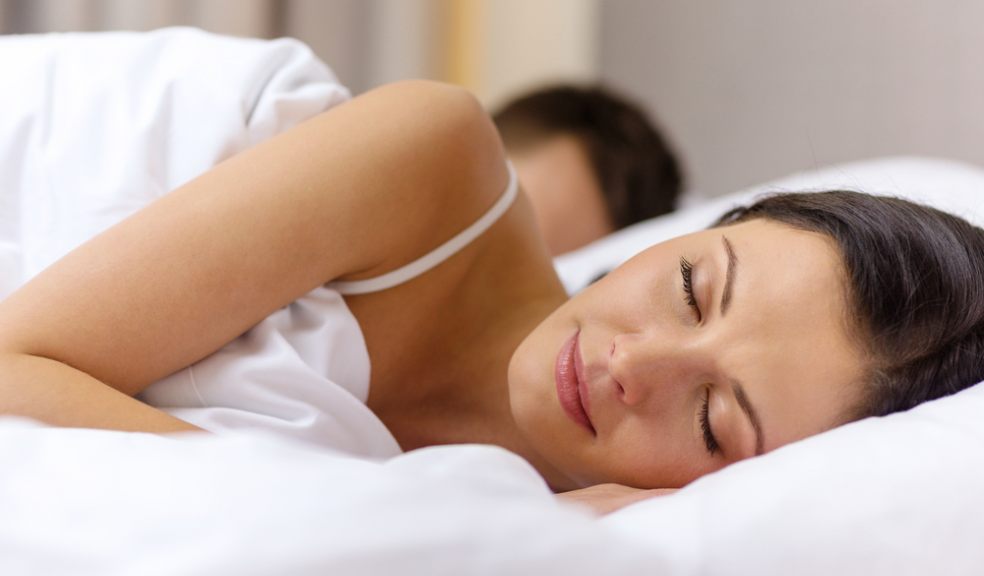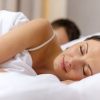
Are you sleeping well?
There has been recent media interest in the potentially detrimental effects on health that a lack of sleep can cause. Would it surprise you to know that research has shown that a chronic lack of sleep could contribute to the onset of weight gain, Type II diabetes, heart disease and alzheimer's disease? Now while the occasional disturbed nights sleep will not do you any harm there is growing evidence highlighting the enormous health benefits to your body of consistently sleeping well.
Sleep is restorative, allowing the body a chance to rest and repair from the days activities. You will not be surprised to hear that daylight, or the lack thereof, is what governs our sleep / wake cycles. We have evolved with sunlight determining when we should be active and when we should rest. This 24 hour cycle is called a circadian rhythm and every animal and plant on the planet has one.
Exposure to light during the day stimulates our body into action and as the light fades a gradual state of sleepiness should be induced. The release of a hormone, melatonin, is crucial to this and in conjunction with natural light it controls our body clock and the myriad of physiological processes associated with it.
Optimum sleep allows the body to:
- restore energy levels and maintain normal hormone regulation
- repair muscle and nerve tissue, slowing the aging process
- maintain a healthy immune system
- maintain good memory, weeding out irrelevant information from the day and converting short term to long term memories
- regulate appetite, blood sugar levels and satiety, meaning a reduced craving for sweet foods and overeating - when tired it is easy to confuse fatigue with hunger
As a nation we sleep about 20% less than we used to a few decades ago, with the majority of the population getting under 7 hours a night. The morning alarm clock and evening television have generally replaced sunrise and sunset as the daily regulators of sleep timing. Our modern home and work environments with light bulbs, television sets, computer screens and smart phones trick our brains into thinking that it is daylight for longer than it actually is, knocking our body clock out of sync. Our physiology is reactive to our environment, we actually need a combination of natural light exposure during the day with a lack of light stimulus after dark to entrain healthy sleeping patterns.
So what should we do to get a good nights sleep? Sleep should be measured by the time you get to bed, the duration and the quality of your sleep. On average we should be getting between 7-9 hours a night. Different people need different amounts of sleep and this varies dependent on the time of year, time of life and if you have any stress affecting your life. The odd missed nights sleep is certainly nothing to worry about. Problems only tend to arise when sleep loss becomes chronic. The best way to tell if you are not getting enough sleep is simple - how alert do you feel on a daily basis? What we do during the day is just as important as what we do just before going to bed, with diet and the right amount of activity being important.
Sleep is a vital part of our physiology, it helps to control how good we feel and how healthy we are. And it’s free! If you are constantly tired, can’t get to sleep until late at night, only sleep for a few hours or regularly wake during the night it may be worth implementing some of the following advice to help improve your sleep routine.
Get a good amount of daylight exposure every day, at least a half hour in the morning and half an hour at lunchtime as a minimum. If you can’t get outside you can buy full spectrum lights that help in the office or at home.
Be physically active at some point during the day, but not before bed.
Set a reasonable bedtime and stick to it every night so it becomes routine.
Minimise PC use after dark. Read a book in bed, don’t be tempted to use the smart phone.
Install F.lux - a free download for your computer - it helps to reduce the brain stimulating blue light emitted from screens.
Ensure your bedroom is dark - black out blinds can be useful at this time of year.
Reduce sugar in your diet and do not drink caffeine after 3pm. Try to eat your evening meal at least 2 hours before bedtime.
Ben Verling is an osteopath and naturopath from Osteo and Physio - www.osteoandphysio.co.uk




















